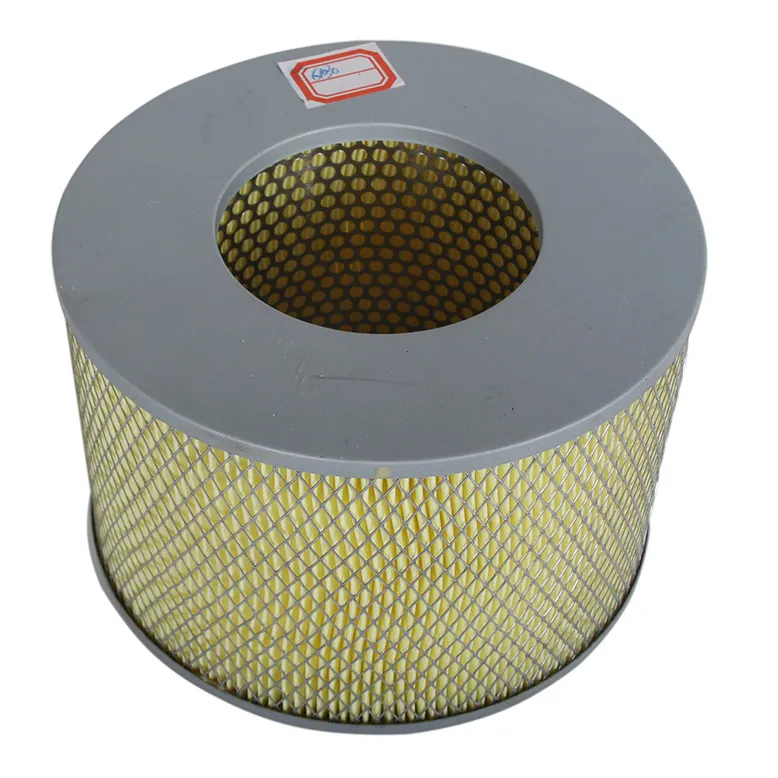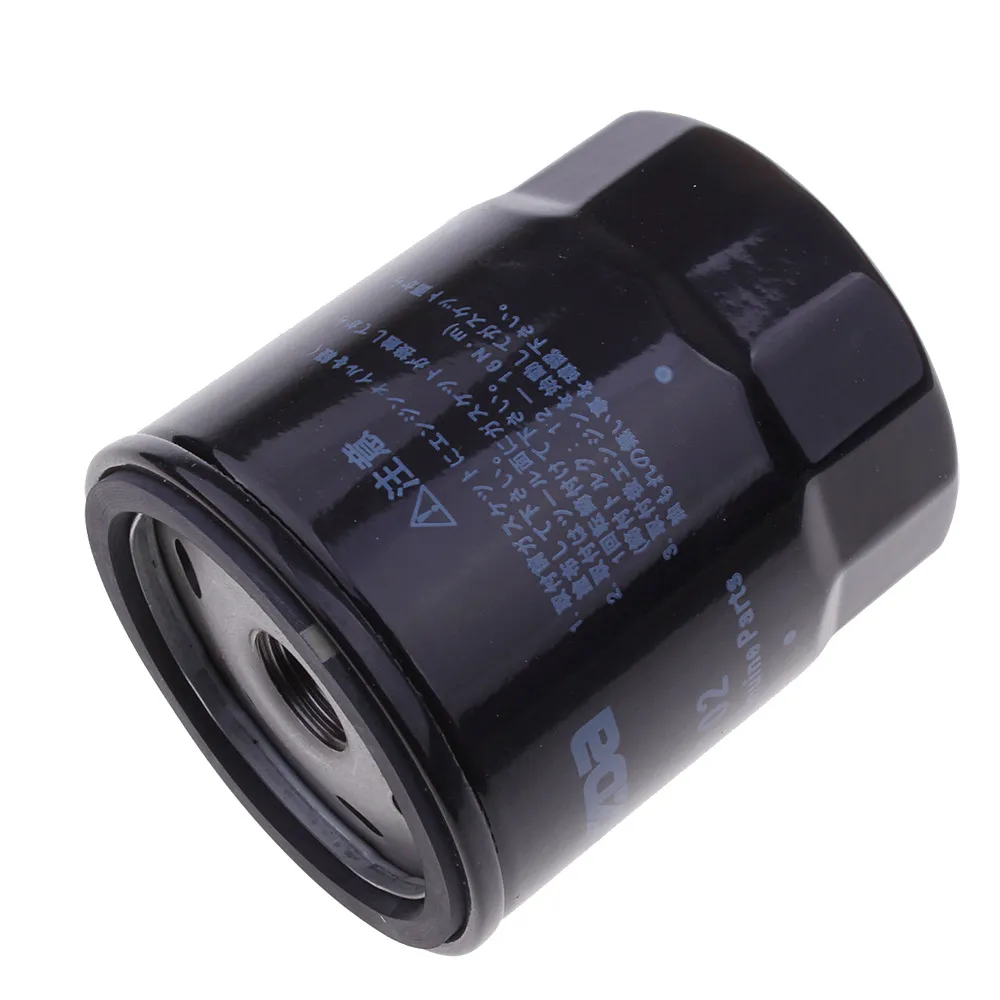
- Impact of air filter maintenance on vehicle performance
- Technical advantages of scheduled filter replacement
- Automotive manufacturer comparison data
- Condition-based maintenance strategies
- Real-world application scenarios
- Consumer decision-making considerations
- Best practices for optimal system performance

(how often to change filter in car)
How Often to Change Filter in Car
Engine air filtration directly impacts combustion efficiency and component longevity. Neglected filters cause measurable performance degradation: laboratory tests show 15% horsepower reduction in severe contamination cases. Cabin air filtration effectiveness drops to 40% after 12,000 miles according to SAE International studies. Modern turbocharged engines prove particularly sensitive to airflow restrictions, with 1 psi pressure differential causing up to 3% fuel economy reduction.
Performance Impact Analysis
Differential pressure across clogged filters triggers multiple performance issues. Fuel injection systems compensate for oxygen starvation by enriching mixtures, increasing consumption by 10-15% according to EPA testing protocols. Microscopic silica particles measuring 5-20 microns accelerate cylinder wear by 35% in controlled engine teardown studies. Cabin filtration decline correlates strongly with allergen concentration, with expired filters permitting 11x more particulate matter into occupant compartments than fresh units per NIOSH air quality benchmarks.
Technical Advantages of Maintenance
OEM-designed filtration media incorporate electrostatic layers capturing sub-10 micron contaminants missed by budget alternatives. Toyota's nano-fiber technology demonstrates 99.8% particle retention at 25,000 miles versus conventional cellulose at 86% efficiency. Modern composite structures like K&N's cotton-gauze hybrids offer airflow improvements averaging 2-4 cfm over paper designs. Integrated sensor technologies now provide actual condition monitoring, eliminating mileage estimates through differential pressure measurement across the filter medium.
Manufacturer Comparison Data
| Manufacturer | Standard Engine Filter | Performance Engine Filter | Cabin Filter Standard | Active Carbon Cabin |
|---|---|---|---|---|
| Toyota/Lexus | 30,000 miles | 15,000 miles | 15,000 miles | 12,000 miles |
| Honda/Acura | 20,000 miles | 15,000 miles | 15,000 miles | 10,000 miles |
| Ford | 30,000 miles | 20,000 miles | 20,000 miles | 15,000 miles |
| BMW | 40,000 miles | 30,000 miles | 20,000 miles | 15,000 miles |
Condition-based service systems monitor actual restriction levels
Custom Maintenance Planning
Regional particulate levels dramatically alter service requirements. Desert climate operation necessitates 40% shorter intervals than coastal environments according to geological survey data. Urban stop-and-go commuting generates 70% more filter-loading particulate matter than highway driving at sustained speeds. Professional technicians recommend accelerated inspection cycles when encountering common triggers:
- Visible surface dust accumulation exceeding 1mm depth
- Pollen season exceeding 30 consecutive days
- Construction zone navigation frequency over 5x weekly
- Airflow reduction measured at 15% below specifications
Implementation Case Studies
A Phoenix-based Uber fleet implemented 10,000-mile engine filter replacement coupled with 7,500-mile cabin filter changes. This halved standard intervals yielded demonstrable results: roadside breakdowns decreased by 68% while cabin air quality complaints disappeared completely. Minnesota winter testing revealed standard paper filters reaching terminal restriction after just 8,000 miles due to road salt particulate contamination. Performance cotton filters maintained functionality to 14,000 miles despite operating temperature fluctuations from -20°F to 210°F.
Sustainable Maintenance Practices
Developing consistent inspection protocols proves more valuable than rigid mileage schedules for most operators. Industry technicians recommend visual examination at every second oil change and airflow measurement annually. Budget allocation should prioritize OEM-specification cabin filtration given HVAC system repair costs averaging $850 versus engine filter investment at $35-120. Cleaning reusable filters requires proper technique: low-pressure air reversal followed by specific oil application quantities ensures consistent 15-micron particle capture without restrictive oil migration.
How Often Should Car Cabin Air Filter Maintenance Occur
Vehicle cabin air quality standards demand seasonal filter attention regardless of mileage accumulation. Allergen-sensitive occupants require twice-yearly replacements in high pollen regions. Humidity above 60% necessitates annual replacement to prevent microbial colonization in filter media. Performance vehicles demand synchronized engine-cabin service due to interconnected climate control systems. Ultimately, combining manufacturer guidelines with environmental awareness delivers optimal air purity and mechanical reliability outcomes.

(how often to change filter in car)
FAQS on how often to change filter in car
Q: How often should I change my car's engine air filter?
A: Typically, replace the engine air filter every 12 months or 12,000–15,000 miles. Check your owner's manual for specific recommendations, and adjust based on driving conditions like dusty areas.
Q: How often should I change my car cabin air filter?
A: Cabin air filters should be replaced every 15,000–30,000 miles or once a year. If you notice reduced airflow or odors, inspect and replace it sooner.
Q: How frequently does a car air filter need replacement?
A: Engine air filters usually require replacement every 12,000–15,000 miles, while cabin filters last longer. Always prioritize your vehicle manufacturer’s guidelines for optimal performance.
Q: Should I change my car cabin air filter more often in certain conditions?
A: Yes. If you drive in polluted, dusty, or high-traffic areas, replace the cabin filter every 6–12 months. Allergies or frequent use of AC/heat may also warrant earlier replacement.
Q: What happens if I don’t change my car’s air filters on time?
A: Delaying replacements can reduce fuel efficiency, strain the engine, and compromise cabin air quality. Clogged filters may also worsen allergies or cause unpleasant smells.
-
Vehicle Performance with Premium Car Filter SolutionsNewsJul.02,2025
-
Upgrade Engine Performance with Timely Air Filter MaintenanceNewsJul.02,2025
-
Optimize Vehicle Health with Timely Air Filter ReplacementNewsJul.02,2025
-
Every Drive with Next-Level Car Filtration SystemsNewsJul.02,2025
-
Driving Comfort with Advanced Air Filtration SystemsNewsJul.02,2025
-
Cleaner with Next-Generation Automotive Air FiltrationNewsJul.02,2025
-
The Importance of Cabin Filter and Engine Filter: The Role and Maintenance of Cabin Filter and Engine FilterNewsJun.25,2025
Related Products




